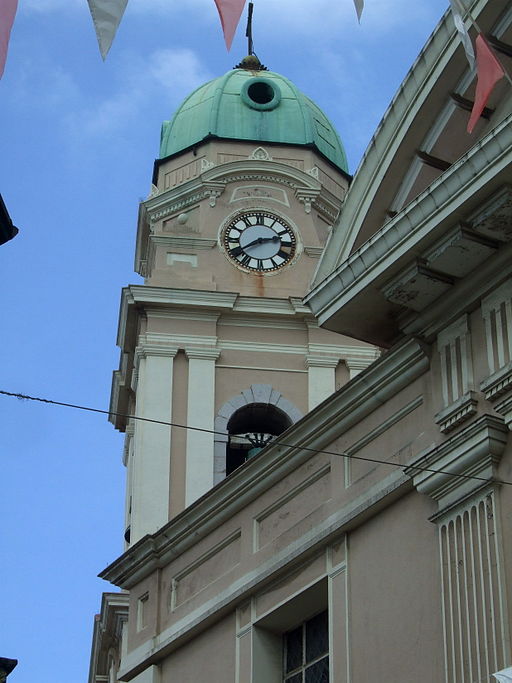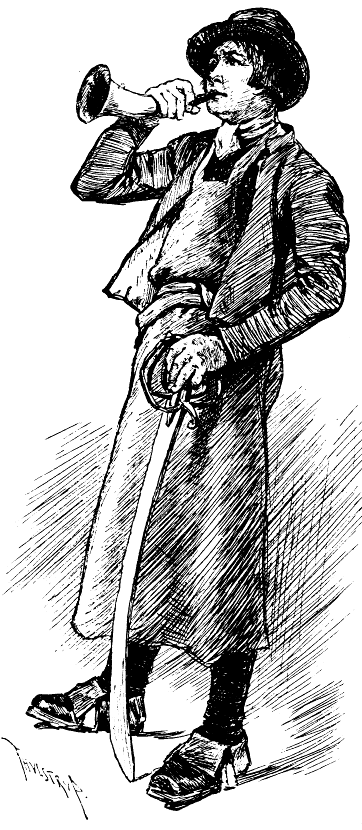The father of my friend Carrie is a lawyer, and he used to travel frequently. One morning, quite early, Carrie called him at his hotel room in Dallas, where he was staying on business, to ask him a question about something.
She heard a fumbling, and then his sleepy voice: “Thank youuuu,” he said, and hung up on her.
 What did people do before wake-up calls, alarm clocks, and pre-programmed iPods? How did sleep-deprived workers who had to be up and at their jobs before dawn rouse themselves?
What did people do before wake-up calls, alarm clocks, and pre-programmed iPods? How did sleep-deprived workers who had to be up and at their jobs before dawn rouse themselves?
Judith Flanders addresses this subject in her new book, The Victorian City.
Wind-up alarm clocks were not invented until 1876. Most working people couldn’t afford clocks of any sort. Clock towers that chimed the hour existed not just to make a quaint and picturesque village quainter and more picturesque—they served a real purpose in telling people what time it was.
 According to Flanders, prior to the mid-1800s the watch patrolled London streets, carrying rattles and calling out the half hour. (In other European cities, the watchman might blast his horn on the half hour–all night long.) For a small fee, a watchman would rap on the doors of people who needed to be up at a specific time. (22) The very poor would rely on fellow workers to rouse them on their way home from their night shifts.
According to Flanders, prior to the mid-1800s the watch patrolled London streets, carrying rattles and calling out the half hour. (In other European cities, the watchman might blast his horn on the half hour–all night long.) For a small fee, a watchman would rap on the doors of people who needed to be up at a specific time. (22) The very poor would rely on fellow workers to rouse them on their way home from their night shifts.